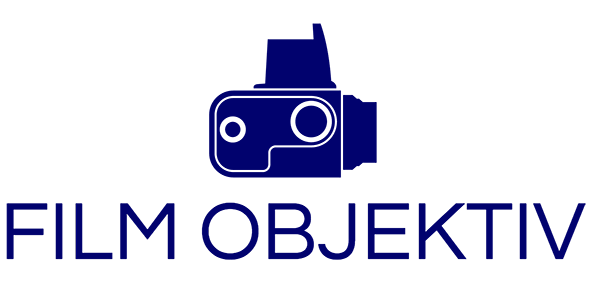Film Processing
We now offer our own 35mm process and scan packages, but in California, we may not always be the closest to you; and we currently only do other formats on a case-by-case basis for higher volumes. So for all those other times, here is a helpful chart of labs and prices across the country. You can also download a high-resolution PDF version of this chart for your own, personal use. If you prefer a chart with all of the pricing for each service listed more clearly, this is the chart for you. *Note, some of this pricing has changed slightly. We are in the process of updating this chart for release in the near future.
Although a number of labs have closed down, quite a few still remain (including some new ones). No matter where you go, we recommend getting processing and scans done at the same time to save some money.
If you're a film lab that wants to be included in our list or that wants to help us bring great service and pricing to our customers, get in touch!
Preliminary List of Film Labs (Sorted by Best Value for Each Medium)
35mm and 120
That's right! We offer our very own film processing and scanning services for 35mm and 120 film. We only offer the highest-quality 24 MP film scans from a Noritsu commercial scanner; and we do it affordably by offering process and scan packages at affordable rates for bulk processing jobs of five rolls or more. The more you process, the more you save.
Pro Photo Connection in Irvine is local to us, and we've used them quite a bit (still do). They're a great, friendly lab with excellent process-only pricing and good film+scan pricing as well. Although they don't do large-format negative film, a 4x5 E-6 sheet must be the best at $3.75.
4x5 and 8x10 Film Sheets
Although they don't do C-41 or B&W large format processing, Pro Photo Connection's E-6 pricing is not bad.
North Coast Photographic Services (NCPS)
NCPS' pricing is a bit steep for other film formats, but their 4x5 sheet film processing is also great. Often, 4x5 processing will cost you $7+ per sheet. A dollar savings on that is considered great. And $4 is unheard of, unless you know about NCPS. 8x10s start at $6, and E6 is $2 more than the rest across the board. We hope they never change any of that.
About Film Scanning
While we love shooting film, we're not oblivious to the fact that we live in a digital world. Somewhere, on some end, we have to scan in our film so we can give our film shots the most exposure possible. While printing can and should still be done from the negative when possible, it's sometimes impractical and expensive to do so. And for these reasons, here are few notes on scanning.
The first and best recommendation we can make is to simply have your film scanned by a lab. Not everyone has the time or funds to scan on their own scanners at home. And even fewer have the means or access to high-quality film scans at home. So for those that don't, we recommend getting scans done when you develop your film (or with us!). Moreover, try to get higher quality scans while you're at it — something that you can at least print an 8x10 from once you've made a few tweaks to your image.
If you find yourself shooting a lot of film and scanning quite a bit, you might find it cost effective to get at least a flatbed scanner like the Epson V700/V750 scanners, which will give you what you need for most uses. Need more quality? You'd be surprised what a difference the extra time of wet-mounting does for an image scanned with a flatbed scanner. Noritsu and Frontier scanners are also great and relatively affordable for those doing volume work with 35mm film (not as affordable for 120). But the Pakon scanner is the ultimate when it comes to price and quality meeting at a spot on the chart that makes the most sense. But if you need the ultimate scan, a drum scan is where it's at. If you're at this level, you likely already know enough to handle those decisions without advice from us, given that drum scans run dozens to hundreds of dollars each.
At the end of the day, it's important to remember that it just doesn't take much to get what you really need from a film shooting experience. For the most part, affordable, medium-sized scans are all you need. If and when you need more, you always have your negative to fall back on for future scanning or printing.
